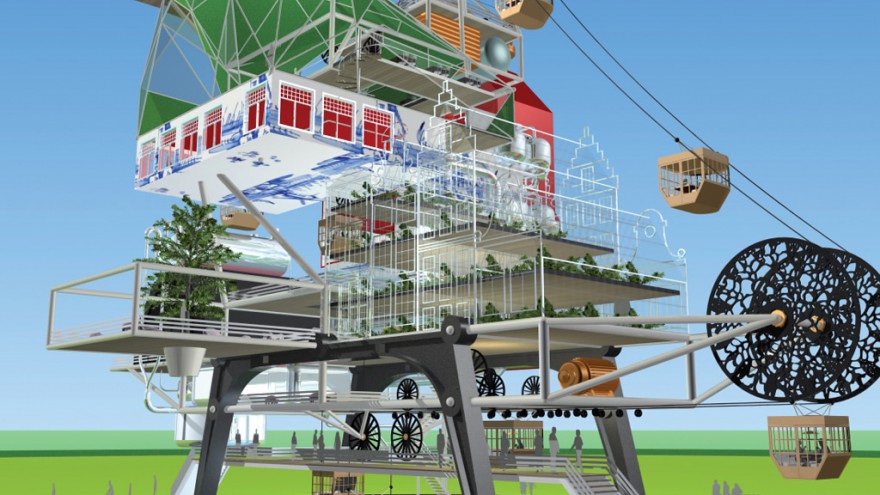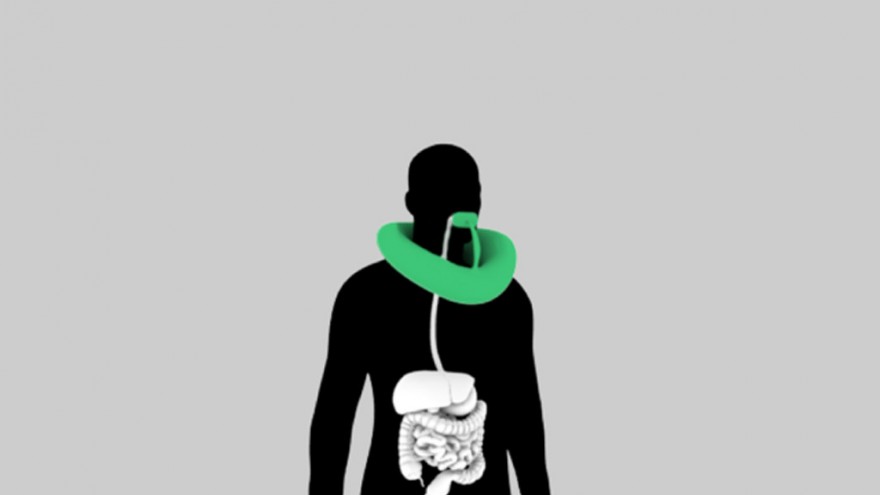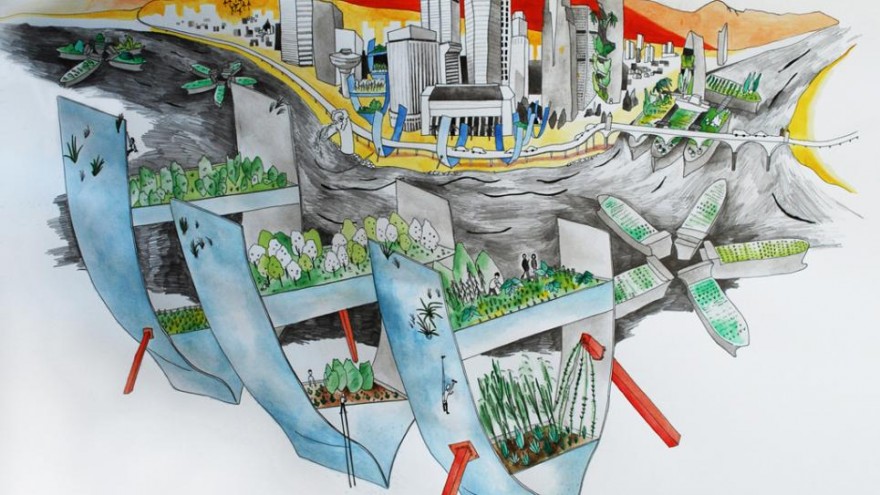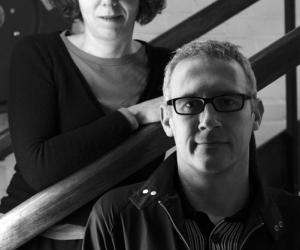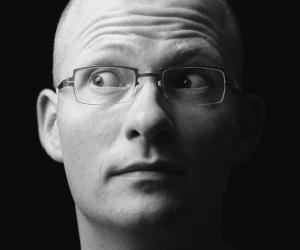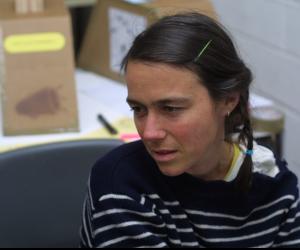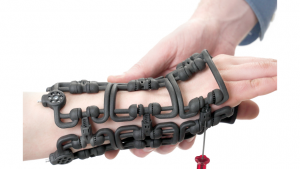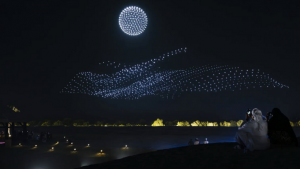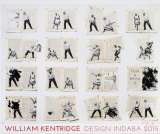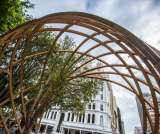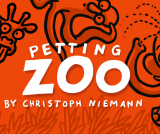Commissioned by and debuting at the ICSID World Design Congress in Singapore from 23 to 25 November, Protofarm 2050 proposes radical solutions to the impending food, energy and resource insecurity.
A biennial conference held since 1959, this will be the 26th incarnation of the International Council of Societies of Industrial Design (Icsid) World Design Congress. Seeking to examine how different future scenarios depend on design, the congress chose its theme as “Design Difference – Designing Our World 2050”. Nine design leaders including Dr Stefano Marzano of Philips, Dr Chris Luebkeman of Arup, Chris Bangle formerly of BMW, David Nelson and Stefan Behling of Foster+Partners, and Ravi Naidoo of Design Indaba were invited to research and present future scenarios addressing urban development, transport, healthcare and sustainability.
“Rather than believing in a one-size-fits-all solution, Design Indaba decided to approach the brief with a focus on diversity,” explains Design Indaba founder and host Ravi Naidoo. As such, Naidoo curated a bite-sized Design Indaba Conference by inviting five past Design Indaba speakers from around the world to each tackle the problem in a unique manner. Futurefarmers from San Francisco, Dunne&Raby and Revital Cohen from London, Frank Tjepkema from Amsterdam, and 5.5 designers from Paris have all participated.
The results range from the extreme to the sublime. Cohen has designed the Electrocyte Appendix, an electricity-generating bodily organ for humans, while Futurefarmers has sought new bio-remediated uses for obsolete technologies such as oil fields, aircraft and ships in Multinational Feedback Loop. Tjepkema has cultivated self-sufficient scenarios for one person, 100 people communities and a 1 000 person holiday resort in Oogst, meanwhile 5.5 designers outline the Guide to Free Farming for urban dwellers to tap into the natural resources of cities – including rats, pigeons, dogs and dandelions. Dunne&Raby paint a future scenario in which guerilla gardeners, amateur horticulturists, DIY hackers and urban foragers join forces with synthetic biologists, evolutionary biologists and molecular ecologists to create a new edible wilderness.
“Although these projects all seem very diverse, a number of themes are apparent in all the projects,” says Naidoo. “For one, they all display the view of a sovereign individual who has lost faith in institutions and takes matters in their own hands. What is significant about this is that the individual is not trying to tamper with the world to suit their image. These individuals are redesigning themselves to ensure that we can all live on one planet.”
The Protofarm 2050 project will be presented at the main plenary session of the ICSID World Design Congress on Monday 23 November at noon. In the interactive parallel session on Monday 23 November at 2pm, all of the participating designers will present their scenarios in more detail and be available for questions from the audience.
While Protofarm 2050’s scenarios can seem extreme and abstract, Design Indaba believes that the future starts now. The second parallel session on Tuesday 24 November at 2pm invites all congress delegates to participate in discussions on how to instill a sustainable food culture in Singapore. Recognising that activating the future in a positive direction is a collaborative effort, Design Indaba is inviting congress delegates to present their own work and ideas on food, energy and resource insecurity in a Pecha Kucha format. The best presentation can win a trip to Design Indaba 2010.
More information about the ICSID World Design Congress:
www.icsidcongress09.com



